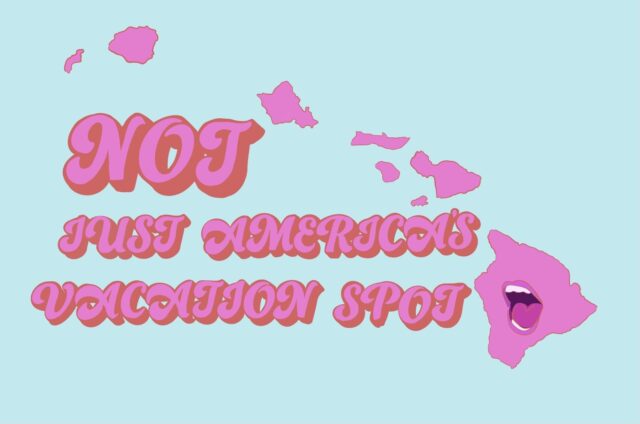By The Editorial Board
“Apocalyptic” is perhaps the only way to describe the scene that unfolded in Maui on Aug. 8. A perfect storm of weather conditions led to devastating wildfires that killed at least 114 people and almost completely leveled the historic town of Lahaina.
Locals and tourists alike fled the rapidly progressing flames by jumping into the ocean or speeding toward the singular one-lane road that led out of West Maui. Homes, historic buildings, businesses, art galleries and even the 150-year-old Banyan tree were torched in what became the nation’s deadliest fire in more than 100 years. According to Karen Clark & Company, a catastrophe and risk modeling company, it caused an estimated $3.2 billion in insured property loss — not to mention the hit that will result from an impending decline in tourism.
According to the Maui Economic Development Board, tourism is the “economic engine” of the island and generates approximately 70% of every dollar. Maui hosted 3,059,905 visitors in 2019, before the COVID-19 pandemic shut down the globe. Based on preliminary data, it hosted 1,485,757 visitors from January to June of this year. The inevitable drop in these numbers will only magnify the hardship its citizens are already experiencing due to the loss of their homes, possessions and businesses.
It’s vital to recognize the true situation of the places you travel to and to support them in their times of need. While “The Valley Isle” is evidently famed for a gorgeous landscape that attracts visitors from all over the globe, it’s much more than just a popular tourist spot. People live there too.
In fact, according to Baylor’s most recent profile of undergraduate students, there were 48 students from Hawaii in 2021 and 56 in 2022. On campus, the chartered Hawai’i Club aims to share Hawaiian culture while fostering “ohana” — family. Even the Baylor community was not left untouched.
The utter destruction of the beloved island is indicative of a much greater problem, though: our desensitization to bad news. Because we cannot personally relate to certain events, we often struggle to understand their impact. After a quick “that’s so sad” or “I can’t believe that happened,” we brush them off and carry on.
Remember the Allen Outlets shooting that claimed nine lives just 120 miles from Baylor’s campus? Or the Russia-Ukraine war that has been raging for 18 months? Or even the Titan submarine explosion that forced onlookers to envision what was perhaps their worst nightmare?
It’s a cycle: See horrible news. Check in for updates. Become captivated for a few days — maybe even a week or two. Forget about it. Eventually, repeat with some other catchy headline. It’s what we do. Unfortunately, it’s starting to become who we are.
When other people’s worlds are on fire, literally or figuratively, we cannot treat them as fads. To avoid doing so requires an intentional perspective shift. Just because travesties like the Maui wildfires may leave our immediate headspace, doesn’t mean they have disappeared or lost relevance. Just because the news may be old, doesn’t mean it has been resolved. Many people, whether they be individual families or entire countries, will never recover from such devastation. Let us remember that not everyone has the privilege of forgetting and moving on — and that doing so effectively minimizes the realities of those who are suffering.
These events offer us a chance to practice empathy — to consider how we would feel if we were the ones jumping into the ocean to escape raging flames, and to think about what we would do if those very flames consumed everything we owned along the way.
These times of trial give us an opportunity to show up, help out and do our part as members of this ever-changing world. While Maui’s recovery will take years, you can assist relief efforts by donating to trusted organizations like the American Red Cross, the Salvation Army and the locally based Maui Strong Fund. Additionally, you can support the Hawai’i Club’s profit-share with Cha Community through Sept. 1; all proceeds will be given to victims of the wildfires.


